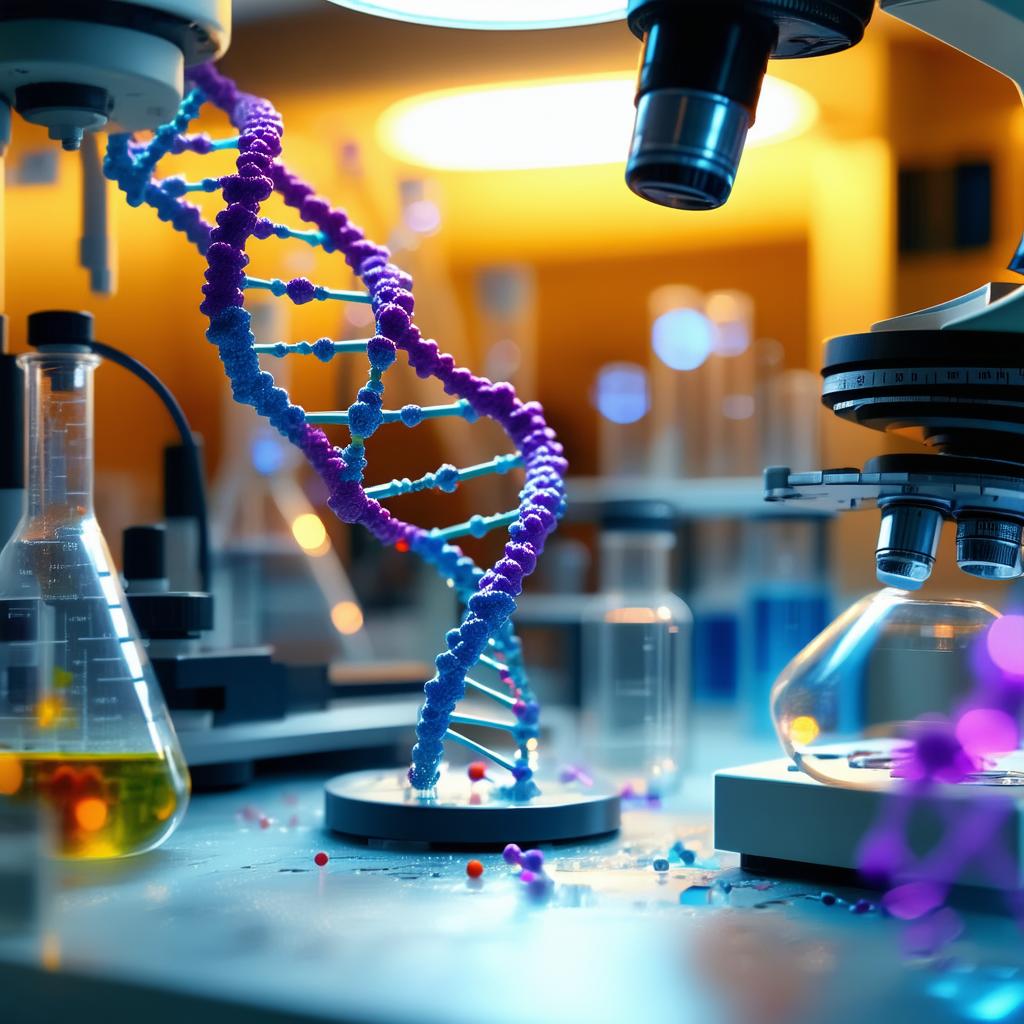
Cancer remains one of the most puzzling and daunting diseases, but scientists have been making impressive progress in understanding it. Let’s dive into some of the biggest questions they’re tackling.
First off, why do some genetic mutations lead to cancer while others don’t? It turns out, while mutations are crucial, they’re not the whole story. Experts explain that some mutations stay dormant for life, never causing harm. What’s equally important are epigenetic changes—shifts in how genes are expressed without altering DNA itself. These changes can significantly influence cancer development.
Another burning question: can pollution or inflammation cause cancer? Research suggests that environmental factors like pollution and chronic inflammation can indeed increase cancer risks. These elements might trigger changes in cells, pushing them toward uncontrolled growth.
And what about how tumors spread? Scientists are uncovering the mechanisms behind metastasis, the process where cancer cells travel to other parts of the body. This remains a critical area of study, as understanding it could lead to better treatments to stop cancer in its tracks.
While there’s still much to learn, experts agree that the progress made so far is promising. “We know a lot more now, and that helps us guide patients better,” says one leading oncologist.
From genetic mysteries to environmental triggers, the fight against cancer continues, but with each discovery, hope grows a little brighter.
